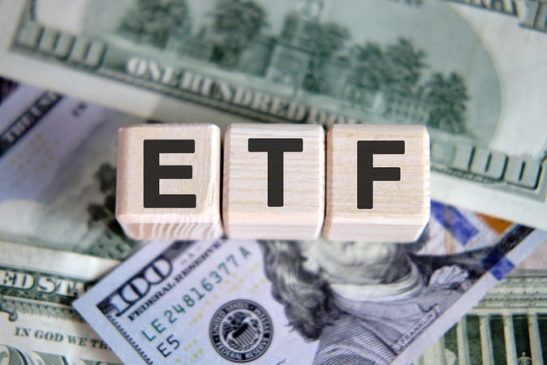The fund would use investor capital to buy call options on MSTR while simultaneously selling put options. The premiums collected from these transactions would then be distributed to shareholders as monthly yields.
An investment firm YieldMax directed a request to the Securities and Exchange Commission (SEC) seeking regulatory approval for an exchange-traded fund (ETF) that offers monthly income tied to MicroStrategy derivatives. If granted the green light, the ETF is scheduled to launch in 2024 under the name Option Income Strategy ETF, with the ticker symbol MSTY.
YieldMax, the company behind the proposal, intends to structure MSTY as a “synthetic covered call” fund focused on MicroStrategy Inc (NASDAQ: MSTR), a publicly traded enterprise analytics software firm. Rather than directly holding MicroStrategy shares, the ETF would engage in options trading strategies involving MSTR derivatives.
How the Option Income Strategy ETF Is Expected to Work
Specifically, the fund would use investor capital to purchase call options on MSTR while simultaneously selling put options. The premiums collected from these options transactions would then be distributed to shareholders as monthly yields.
It is important to note that the yields would not be directly affected by increases or declines in the price of MicroStrategy stock itself. In fact, the ETF could potentially continue generating payouts even if MicroStrategy shares were to significantly decline. This divergence stems from the “synthetic” covered call approach, which focuses on options premiums rather than share appreciation.
Passive Income without Much Exposure to Risk
To mitigate potential losses during major downturns, monthly yields would be capped at a maximum of 15% returns. While this limits the upside for distributions, YieldMax believes that this trade-off offers a conservative path for earning passive income connected to crypto without directly owning Bitcoin.
Some investors argue that since interested parties could easily replicate the approach on their own, the strategy does not warrant a dedicated fund. Nonetheless, yield-focused exchange-traded funds (ETFs) are frequently promoted as straightforward ways for cautious investors to outperform bonds or savings accounts in terms of returns.
However, it still contains its risks that you must consider if you want to be involved in such investments. First is the market risk, which is a crucial factor as the value of the ETF may decline following the broader market or sector downturns. Derivatives, such as options, introduce additional risks like counterparty risk if the other party fails to meet obligations, as well as liquidity risk due to potential difficulties in selling assets.
Concentrating solely on MicroStrategy derivatives brings about concentration risk, exposing investors to the specific volatility associated with that company. Regulatory changes or legal issues affecting MicroStrategy could also have an impact on the performance of the ETF. Additionally, relying on fund managers introduces operational risks that should be taken into account.
YieldMax currently offers 18 other ETFs that employ options strategies centered around various underlying assets. By introducing a fund related to MicroStrategy and Bitcoin, the firm likely aims to differentiate itself in the competitive ETF landscape.



